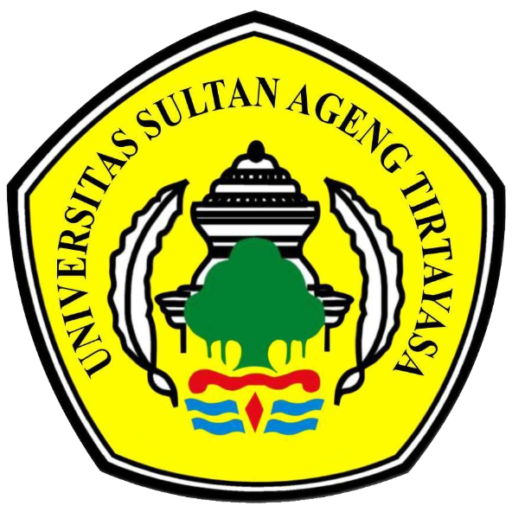Dr Vander Viana (School of Education and Lifelong Learning) has secured more than £200k to lead an innovative research project examining the contribution of English language education to United Nations’ Sustainable Development Goal 5 on gender equality and the empowerment of women and girls.
Entitled ‘Gender-ing ELT: International perspectives, practices, policies’, the project takes place in 10 ODA countries (Bangladesh, Botswana, Brazil, China, Colombia, Indonesia, Morocco, Philippines, Ukraine and Vietnam), representing different geographical continents, ODA levels, language policies, and gender inclusion levels. Through the participation of key school stakeholders (pupils and parents, school leaders and teachers, university students and lecturers), the research aims to examine their perspectives and practices, raise their awareness of gender matters and foster their context-sensitive reflections on gender equality in ELT in these ODA countries.
Dr Viana, Associate Professor in Education, said: “I am delighted to be working on this project alongside a large group of experts in the 10 partner countries as well as in the UK, such as my co-PI Dr Aisling O’Boyle from Queen’s University Belfast.”
“Gender has been under-explored in English language education, and this is a unique chance to advance the boundaries of existing research, to trigger social change in a bottom-up, context-sensitive way and to support United Nations’ Sustainable Development Goal 5.”
The research is funded by the British Council through their Widening Participation Research Grants. These grants are aimed at supporting research in ODA countries that improves the learning and teaching of the English language and that promotes economic development and welfare.
The project counts on the participation of researchers based in ODA countries and with the support of international research associations.
One of the institutional supporters is the National Research Council of the Philippines (NRCP). Dr. Marie Paz Morales, the Chairperson on NRCP Division I in charge of Governmental, Educational, and International Policies said: “Integrating the gender perspective in English Language Teaching (ELT) in the Philippines may lead to significant policies that inform gender mainstreaming in the fields of education, governance and international policies the country advocates. As the pillar of the National Research Council of the Philippines is to promote research in the fields of education, governance, and international policies, studies on ‘gender-ing’ may spark initiatives from other sections and sectors of the Council, and may strengthen and further promote policies on gender sensitivity across fields and disciplines.”
Non-academic stakeholders have also been directly involved in the project from its inception. One example is the Education and Culture Office of Banten Province in Indonesia, which is responsible for organizing and managing early childhood education, elementary education, secondary education, and community education affairs and the management of culture.
Teddy Hendra Pratama, Head of Division for Secondary School Affairs, said: “I unequivocally support Gender-ing ELT and strongly encourage an in-depth study on this topic, particularly in Indonesia. The outcome of this research project will help the government to continuously improve gender equality, and I believe it will result on the fast development of human resources at Banten Province.”
The project will run for 18 months – from April 2021 to September 2022 – and more information can be found on the project website, by following its Twitter account or by liking the project Facebook page. The team can also be contacted by e-mail at gender-ing.ELT@uea.ac.uk.


